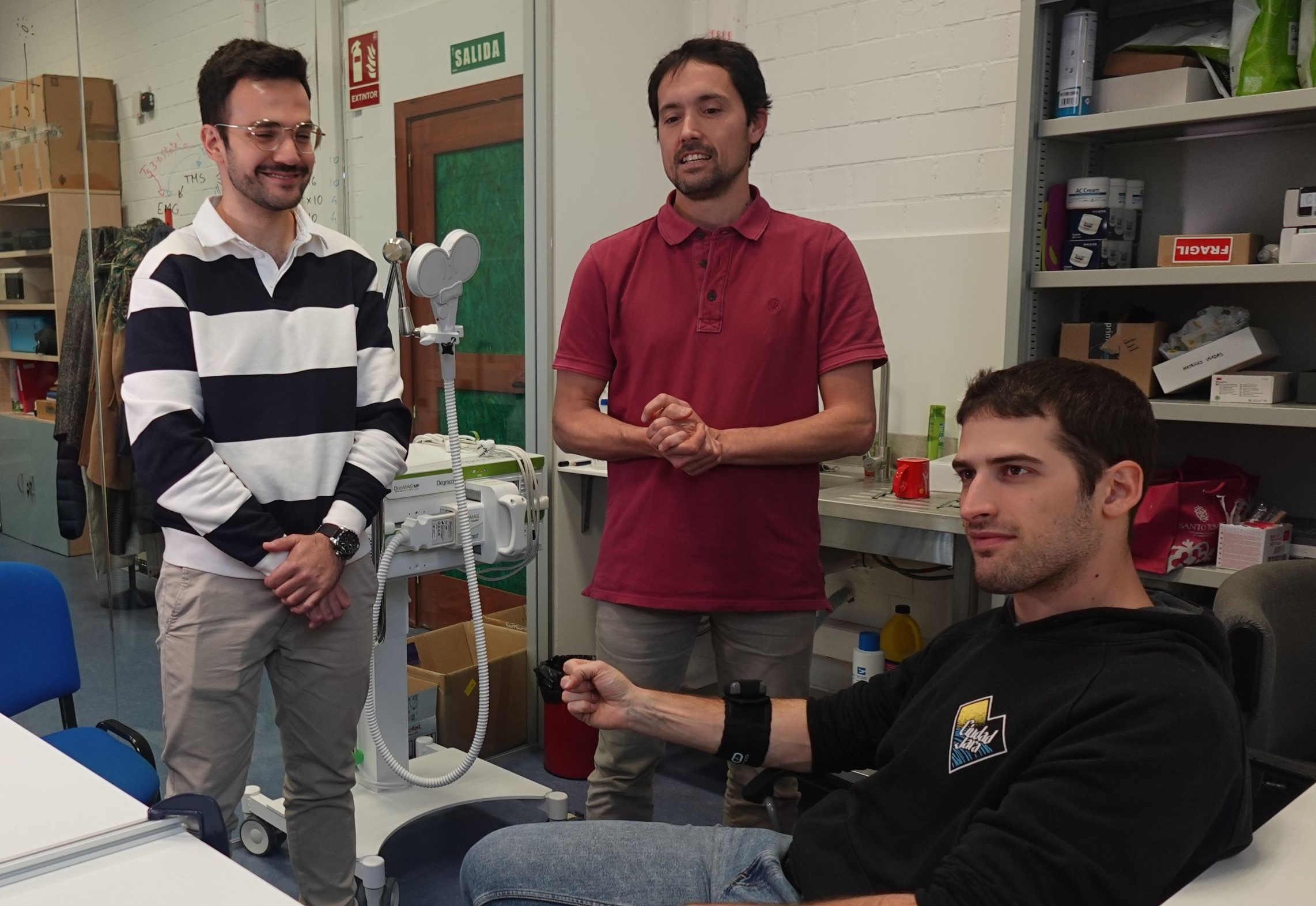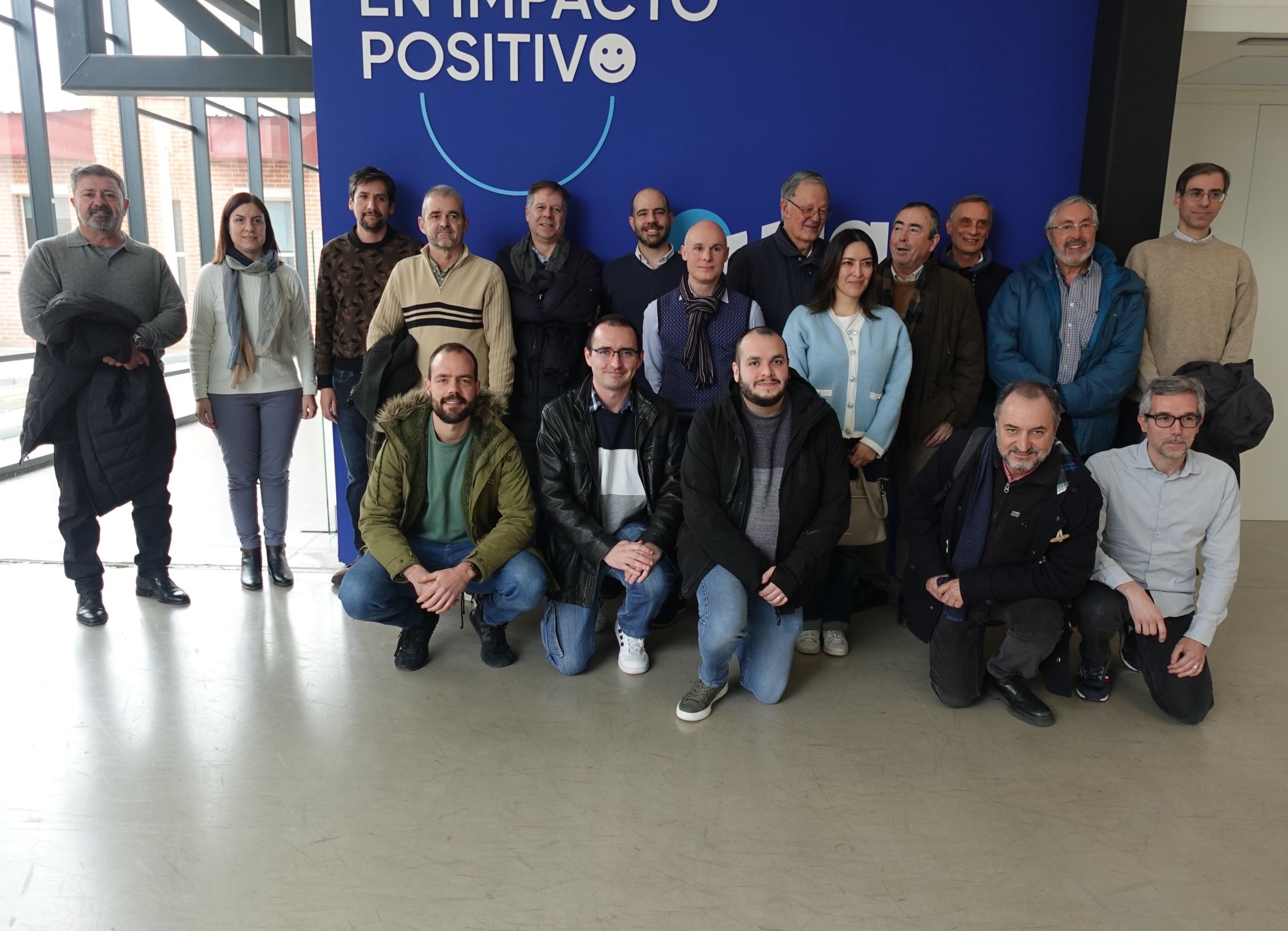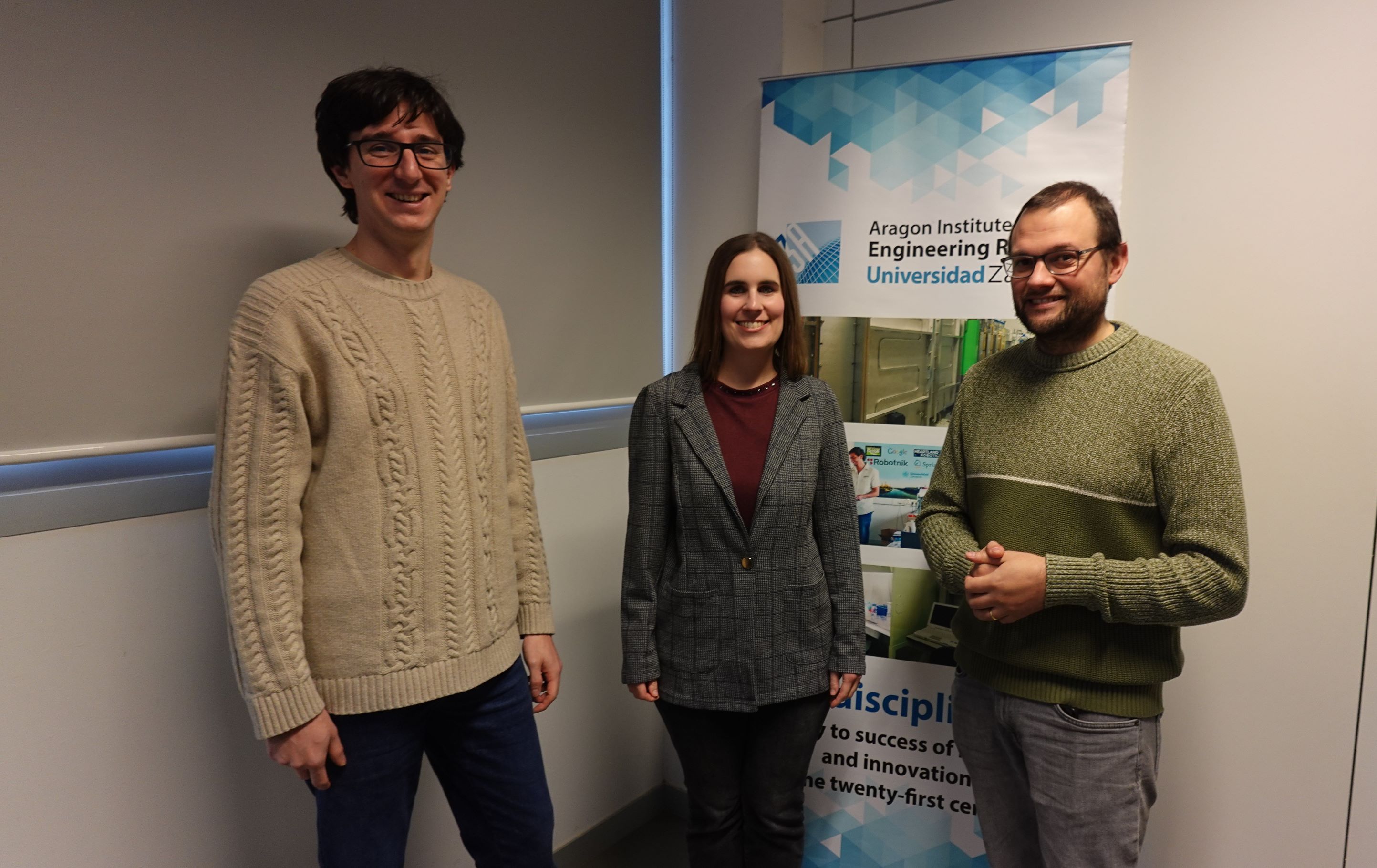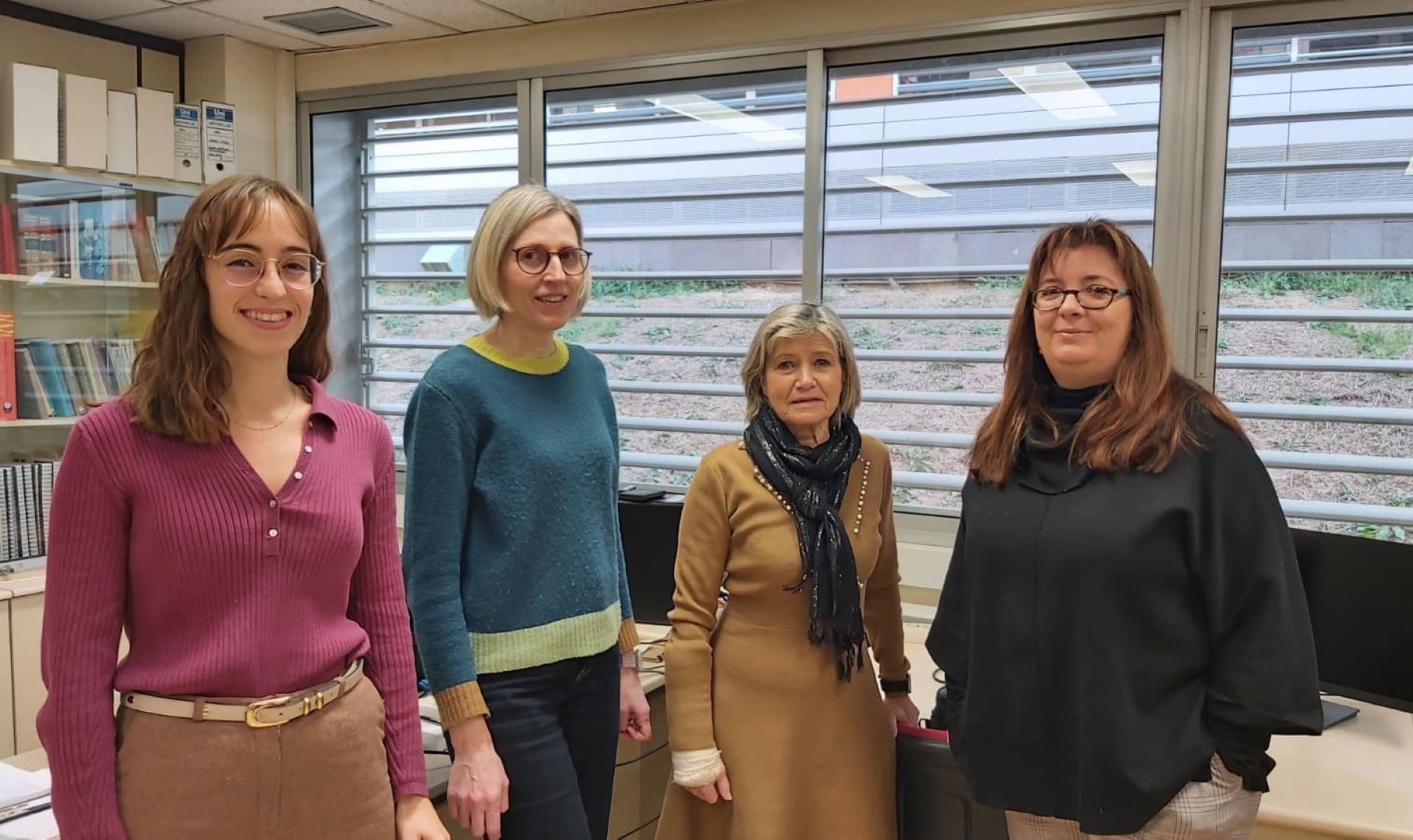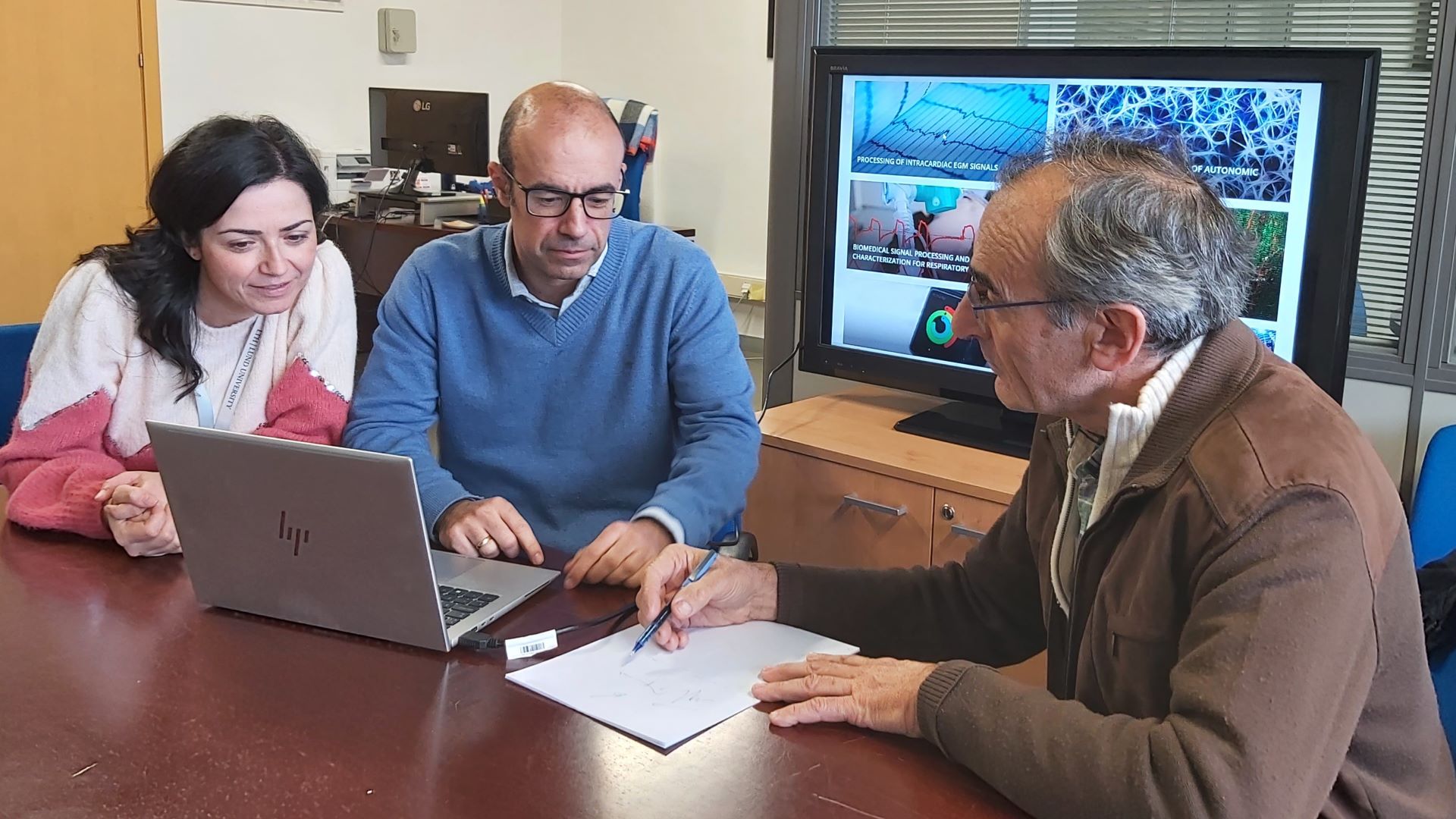
The BSICoS (Biomedical Signal Interpretation and Computational Simulation) research group at the Aragon Institute for Engineering Research (I3A) has made available to the scientific community a clinical database with information on 992 patients with heart failure, who were recorded with a 24-hour electrocardiogram and followed for four years. These data now provide information to advance research in sudden death risk prediction from a Holter recording.
The Multicentre Study of Sudden Death in Heart Failure (MUSIC) was conducted with the participation of eight hospitals across Spain and was designed to assess risk indicators for cardiac mortality and sudden cardiac death in people with chronic heart failure.
The initial aim of this project was to "develop prognostic models to predict the risk of sudden death and cardiac death, apply the technologies we had and try to find new markers to improve the identification of high-risk patients in order to decide on the implantation of defibrillators," explains researcher Alba Martín Yebra, from the BSICoS group.
The MUSIC database has 24-hour Holter recordings and high-resolution ECG recordings, as well as clinical data derived from blood tests, echocardiography, chest X-ray and medication prescribed to patients. The database is available on www.physionet.org, an open access platform, managed by the Massachusetts Institute of Technology (MIT), which hosts free databases and software for use in research.
The work describing this database was presented at the latest edition of the scientific conference ‘Computing in Cardiology’, held in Karlsruhe, Germany, where it aroused the interest of many researchers. "In our research group, working with this data has allowed us to develop and validate new biomarkers for the prediction of sudden death, so we decided to share it with the scientific community so that other groups can use it to validate and reproduce the results of their lines of research," says Alba Martín. It is also a very interesting test bench for evaluating algorithms based on deep learning or artificial intelligence.
The MUSIC study has been used in several studies. In this regard, the BSICoS researcher mentions that the dataset "is a valuable resource for developing and evaluating a wide range of non-invasive electrocardiogram-derived prognostic biomarkers". One aspect that makes it so interesting is the four-year follow-up that was carried out, which makes it possible to document how the patients evolved after the data were recorded.
In particular, parameters based on heart rate turbulence, T-wave shape and their dependence on heart rate have been evaluated in the BSICoS group. They were evaluated to predict mortality due to arrhythmias and the progression of heart failure, proving to be powerful predictors of risk.
Finally, MUSIC has served as a proof of concept for the development of new signal processing techniques in atrial fibrillation, which the BSICoS group has pioneered.
Access to the MUSIC database:
Martin-Yebra, A., Martínez, J. P., & Laguna, P. (2024). MUSIC (Sudden Cardiac Death in Chronic Heart Failure) (version 1.0.0). PhysioNet. https://doi.org/10.13026/cec2-9w70
Photo: Alba Martín, Juan Pablo Martínez y Pablo Laguna, researchers of the BSICoS group
